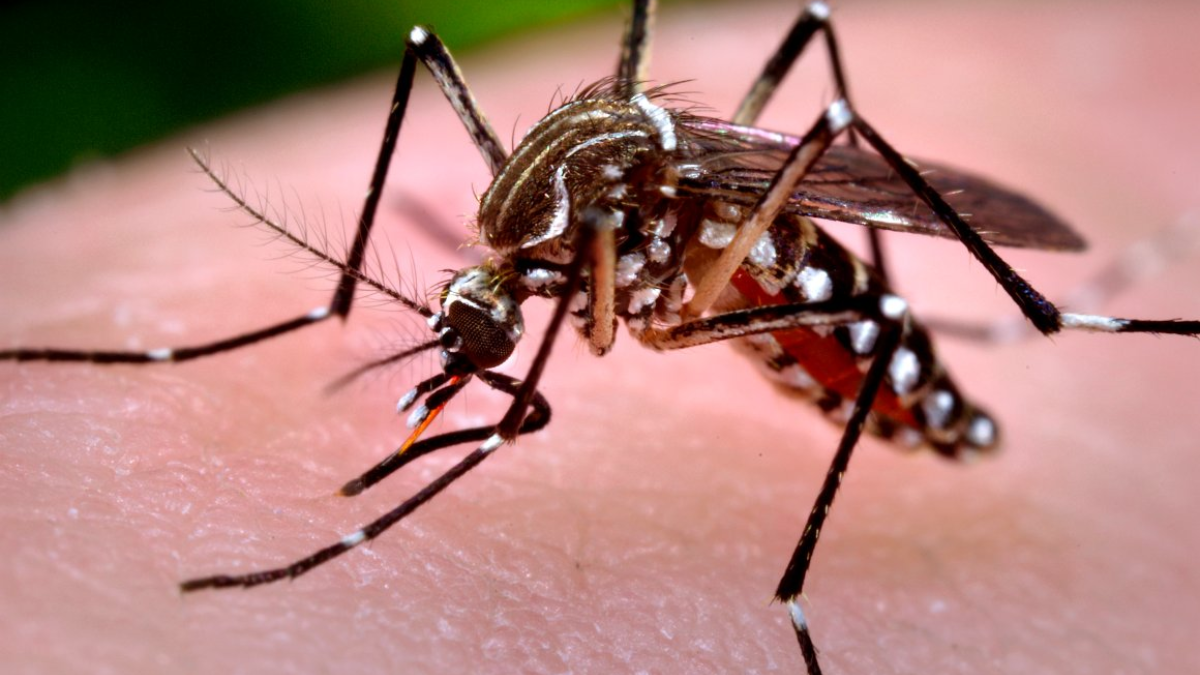
The World Health Organization has classified Zika as a “Public Health Emergency of International Concern.” The governor of Florida has followed suit declaring a State of Emergency in four counties. As doctors are racing to stop this rapidly spreading virus, Arizona State University’s Andrew MaynardAndrew Maynard is a professor in the School for the Future of Innovation in Society at Arizona State University, and Director of the Risk Innovation Lab — a unique center focused on transforming how we think about and act on risk, in the pursuit of increasing and maintaining “value." (pictured left) has some ideas about how Zika could be eradicated.
Question: How would genetically engineered mosquitoes help in the case of Zika?
Answer: The key is a genetic kill switch programmed into the insects which is inherited by the mosquitoes' offspring. When genetically modified male mosquitoes are released, they breed with wild females and pass on the modification before dying, which guarantees that a large portion of the next generation of kill switch-enabled wild mosquitoes will die before reaching maturity.
Q: How could scientists develop vaccines rapidly enough to stave off the Zika virus?
A: Traditionally, vaccine development is a long and arduous process. However, now researchers are investigating how to digitize viral DNA and RNA sequences, and use them to quickly design and produce new vaccines that activate the immune system the same way the virus does, but without causing infection.
Q: What are gene drives and how would they help eradicate this virus?
A: It’s an ingenious biological hack that draws heavily from computer coding. Gene drives use a “search and replace” technique that allows scientists to find and switch out specific DNA sequences. The modification would be passed down through subsequent generations of mosquitoes, until all that remained was a human-designed species that is unable to host the Zika virus.
Q: Headlines today indicate that Zika could be sexually-transmitted given a rare case that was identified in the U.S. How does that factor into your ideas for eradication?
A: We need to know more about this potential route of exposure, but the more we can do to stop the infection at source, or to vaccinate people against it, the better people will be protected — however they become exposed.
For more on Maynard’s analysis on how to annihilate Zika, read his recent article for The Conversation here.
More Health and medicine

Health Solutions graduate trains to become a better health educator
Editor’s note: This story is part of a series of profiles of notable fall 2024 graduates.At almost 15 years old, Robyn Colao, who is now graduating from the health sciences program at the …
ASU team part of nationwide study looking at Type 2 diabetes in youth
Near the end of an interview in which he talked about the work his team will be doing to tackle the rise in Type 2 diabetes among youth, Arizona State University Professor Gabe Shaibi answered why…
Leading the way in wellness: ASU highlighted in The Princeton Review's 2025 Mental Health Services Honor Roll
Being a college student isn’t easy — navigating new routines, people and places can be a challenge, especially if the right support system is not in place. That's why Arizona State University is a…
